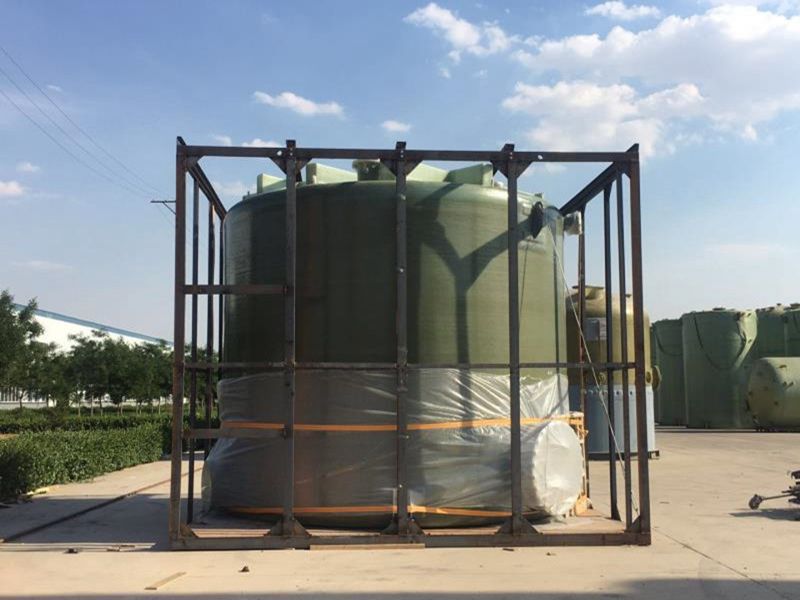
-
 Afrikaans
Afrikaans -
 Albanian
Albanian -
 Amharic
Amharic -
 Arabic
Arabic -
 Armenian
Armenian -
 Azerbaijani
Azerbaijani -
 Basque
Basque -
 Belarusian
Belarusian -
 Bengali
Bengali -
 Bosnian
Bosnian -
 Bulgarian
Bulgarian -
 Catalan
Catalan -
 Cebuano
Cebuano -
 China
China -
 China (Taiwan)
China (Taiwan) -
 Corsican
Corsican -
 Croatian
Croatian -
 Czech
Czech -
 Danish
Danish -
 Dutch
Dutch -
 English
English -
 Esperanto
Esperanto -
 Estonian
Estonian -
 Finnish
Finnish -
 French
French -
 Frisian
Frisian -
 Galician
Galician -
 Georgian
Georgian -
 German
German -
 Greek
Greek -
 Gujarati
Gujarati -
 Haitian Creole
Haitian Creole -
 hausa
hausa -
 hawaiian
hawaiian -
 Hebrew
Hebrew -
 Hindi
Hindi -
 Miao
Miao -
 Hungarian
Hungarian -
 Icelandic
Icelandic -
 igbo
igbo -
 Indonesian
Indonesian -
 irish
irish -
 Italian
Italian -
 Japanese
Japanese -
 Javanese
Javanese -
 Kannada
Kannada -
 kazakh
kazakh -
 Khmer
Khmer -
 Rwandese
Rwandese -
 Korean
Korean -
 Kurdish
Kurdish -
 Kyrgyz
Kyrgyz -
 Lao
Lao -
 Latin
Latin -
 Latvian
Latvian -
 Lithuanian
Lithuanian -
 Luxembourgish
Luxembourgish -
 Macedonian
Macedonian -
 Malgashi
Malgashi -
 Malay
Malay -
 Malayalam
Malayalam -
 Maltese
Maltese -
 Maori
Maori -
 Marathi
Marathi -
 Mongolian
Mongolian -
 Myanmar
Myanmar -
 Nepali
Nepali -
 Norwegian
Norwegian -
 Norwegian
Norwegian -
 Occitan
Occitan -
 Pashto
Pashto -
 Persian
Persian -
 Polish
Polish -
 Portuguese
Portuguese -
 Punjabi
Punjabi -
 Romanian
Romanian -
 Russian
Russian -
 Samoan
Samoan -
 Scottish Gaelic
Scottish Gaelic -
 Serbian
Serbian -
 Sesotho
Sesotho -
 Shona
Shona -
 Sindhi
Sindhi -
 Sinhala
Sinhala -
 Slovak
Slovak -
 Slovenian
Slovenian -
 Somali
Somali -
 Spanish
Spanish -
 Sundanese
Sundanese -
 Swahili
Swahili -
 Swedish
Swedish -
 Tagalog
Tagalog -
 Tajik
Tajik -
 Tamil
Tamil -
 Tatar
Tatar -
 Telugu
Telugu -
 Thai
Thai -
 Turkish
Turkish -
 Turkmen
Turkmen -
 Ukrainian
Ukrainian -
 Urdu
Urdu -
 Uighur
Uighur -
 Uzbek
Uzbek -
 Vietnamese
Vietnamese -
 Welsh
Welsh -
 Bantu
Bantu -
 Yiddish
Yiddish -
 Yoruba
Yoruba -
 Zulu
Zulu
Enhancing Corrosion Resistance in Fiberglass Ducts for Industrial Applications
The Corrosion Resistance of Fiberglass Ducts A Comprehensive Overview
In the realm of industrial applications, the need for durable and reliable ducting systems cannot be overstated. Fiberglass ducts have emerged as a favored choice due to their exceptional corrosion resistance, making them ideal for various environments where traditional materials may falter. This article delves into the unique attributes of fiberglass ducts, exploring their resistance to corrosion and the benefits they bring to a variety of applications.
Fiberglass, a composite material made from plastic reinforced by fine glass fibers, possesses unique properties that set it apart from metallic alternatives. One of its primary advantages is its inherent resistance to corrosion. Traditional duct materials, such as galvanized steel or aluminum, are often susceptible to rust and deterioration when exposed to moisture, chemicals, and varying temperatures. In contrast, fiberglass does not succumb to these environmental factors, making it an ideal solution for settings that involve humidity, aggressive chemicals, or extreme temperatures.
The Corrosion Resistance of Fiberglass Ducts A Comprehensive Overview
Another notable feature of fiberglass ducts is their ability to withstand a wide range of chemical exposures. Many industries—such as chemical processing, wastewater treatment, and food manufacturing—often deal with aggressive substances that can damage traditional duct materials. Fiberglass ducts can be engineered with specific resin formulations to enhance their resistance to certain chemicals, ensuring that they perform reliably in harsh environments. This versatility allows businesses to tailor their ducting systems to meet specific operational needs without worrying about premature failure.
fiberglass duct corrosion resistance

In addition to their corrosion resistance, fiberglass ducts are lightweight and easy to install. This characteristic not only reduces the labor costs associated with installation but also minimizes the stress on support structures. The ease of handling and flexibility in design makes fiberglass ducts a practical choice for complex installations, including those within confined spaces or structures with intricate layouts.
Moreover, fiberglass ducts offer excellent thermal insulation properties. This feature is particularly beneficial in industries where temperature control is critical, as it reduces energy consumption and minimizes the risk of condensation forming within the ductwork. By maintaining a consistent temperature, businesses can enhance operational efficiency and improve overall system performance.
Despite their many advantages, it is essential to consider the appropriate applications for fiberglass ducts. While they excel in corrosive environments, certain high-temperature applications may still warrant careful evaluation. Consulting with manufacturers or industry experts can provide valuable insights into the best material choices for specific operational requirements.
In conclusion, fiberglass ducts present a robust solution for industries seeking reliable, corrosion-resistant ducting systems. Their ability to endure harsh environments, coupled with lightweight properties and excellent insulation capabilities, positions them as a leading alternative to traditional materials. As industries continue to evolve and demand more from their infrastructure, fiberglass ducts stand out as a forward-thinking choice that combines durability with performance. Investing in fiberglass ducting systems not only enhances operational efficiency but also contributes to long-term sustainability by reducing maintenance and replacement needs. Thus, for businesses aiming to improve their environmental and economic standing, fiberglass ducts represent a sound investment.









